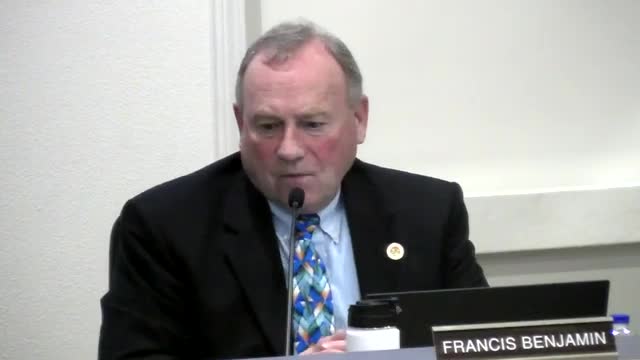Ninth District legislators brief Pullman council on budget, transportation and local control
Get AI-powered insights, summaries, and transcripts
Subscribe
Summary
State legislators visiting Pullman discussed the short session's budget constraints, transportation funding challenges, impacts of carbon‑related policies on housing costs, and pressures on rural hospitals and counties.
Three Ninth District legislators spoke to the Pullman City Council Nov. 4 about priorities heading into the upcoming short legislative session, emphasizing capital priorities, transportation funding, and threats to rural health care and local control.
A senior legislator said capital‑budget work and school‑construction cost drivers will be priorities, warning that any large transportation package will require bonding and possibly general‑fund support. A colleague raised concerns about increases tied to a tightened low‑carbon fuel standard and related fuel costs, saying some climate‑oriented fees can hide in the budget and raise per‑gallon costs by cents to tens of cents.
A House Republican who identified herself as responsible for health‑care issues warned that rural critical‑access hospitals in the district face new tax and reimbursement pressures — she cited plans to apply B&O taxes to certain physician services and a 1% Medicaid reimbursement cut — and said counties are under strain, with several smaller counties reporting extreme fiscal pressure.
Council members pressed for help on local priorities such as Airport Road, where staff reported a federally funded design and NEPA review could be delayed by a required biological assessment on 6PPD‑q impacts to salmon habitat; legislators suggested exploring mitigation buffers or federal waivers to keep grant eligibility. Councilors also asked about state carbon rules' effects on housing costs and were told retrofitting public campuses and home‑building adjustments could be expensive, with one legislator citing a $150,000 per‑home retrofit figure for a mid‑market family home as an example being discussed in Olympia.
Legislators encouraged Pullman to advocate for local needs during the session and offered to coordinate on items such as aviation fund permanence and wildfire initial‑attack aircraft funding.
